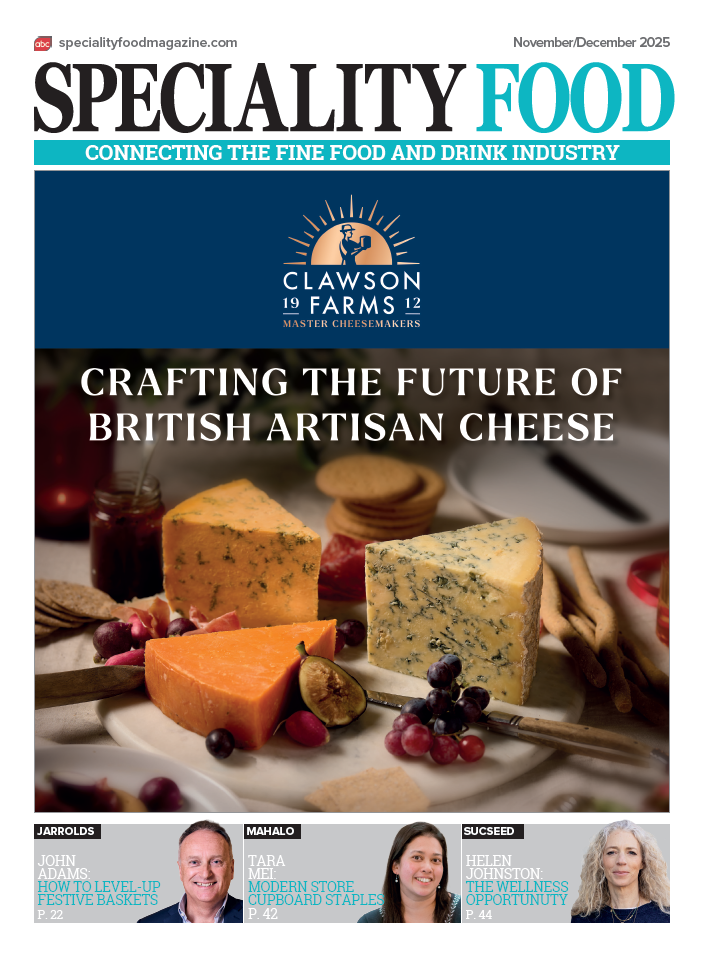Change is Coming – B Corporations

- Becoming a B Corp
- Top trend predictions for Christmas 2021
- Self-sacrifice: The importance of building a leadership legacy centred on others
- Undercover Boss
- Can/should bosses really be close friends with their staff?
I am proud to say that at the launch of B Corporations in the UK last week, Cotswold Fayre was one of 60 founder companies to be accredited in the UK. We were joined “in the club” by one supplier and one customer, so a small start but this movement will grow
What are B Corporations? Simply put: A for-profit business that has social and/or environmental outcomes as part of its mission. Each one of the 60 founder members have gone through an extensive B Impact Assessment which looks at five areas: Governance (Accountability & Transparency), Workers (Job Growth, Compensation & Work Environment), Community (Suppliers, Local, Diversity & Charity), Environment (Energy Use, Facilities, Supply Chain & Manufacturing) and Business Models (Service, Products & Value Chain). Out of a potential score of 200, you need to score 80 or more to become a member. Despite scoring well in many areas, we only scored 84, so there is much work to be done. One particular challenge for us is to become greener, which is difficult when we are moving goods all over the UK and Europe.
I love the fact there is now an organisation that is supporting some of my core beliefs of what business is all about. It is not just about making money, but changing the world around us for the better, and in many ways because businesses are about making money, they are often in a better position to effect change than charitable organisations. I just wish that the name sounded slightly less American, which could put off some UK businesses and consumers. However, that is a minor point and it won’t stop this movement becoming a force within the UK. I copy below some text from the launch brochure which puts in a nutshell why B Corporation were pleased to have a company like us. And not just us, many businesses in this sector should be part of this movement as we share many of the principles at its core, so I would encourage you to join:.
What’s the Problem?
The dominance of the supermarkets within the UK and Irish markets has resulted in a imbalance within the food and drink supply chain. Pressure of the major multiples to drive down prices has resulted in poor quality (and sometimes illegal) ingredients, farmers often not being paid reasonable prices for their produce and consumers accepting inferior quality products as the norm. There has been a loss of connection between food and its provenance.
What’s the Theory of Change?
There are 100s of small artisan food producers, who are sometimes also farmers, making quality food and drink products throughout the country. They are passionate about good food and believe that “we are what we eat”. These producers, whilst being very good at making good food and drink often do not have the skills or ability to bring their products to a wider market with a result that their volumes are tiny compared to the mass produced products in the supermarkets, which are often full of additives and preservatives. They need a partner in sales and distribution to build their customer base.
A final paragraph went on to explain what we do as a company and some of our charitable involvement, which those reading this are well aware of.
Hopefully this all provides food for thought this week.
more from Speciality Bites
-
Generosity
05 July 2021 Speciality BitesGenerosity from leaders makes business better in all aspects, yet few businesses have discovered the benefits that accompany being generous of spirit. -
We are now retailers too!
21 June 2021 Speciality BitesSo, the week has arrived at last when I become a retailer as well as a wholesaler. What a journey it has been. -
We need leaders, not managers
07 June 2021 Speciality BitesI’ve mentioned before that not many people can give me the name of someone when asked at interview who has inspired them most from their previous work life. This is because most people have only experienced management not leadership.

